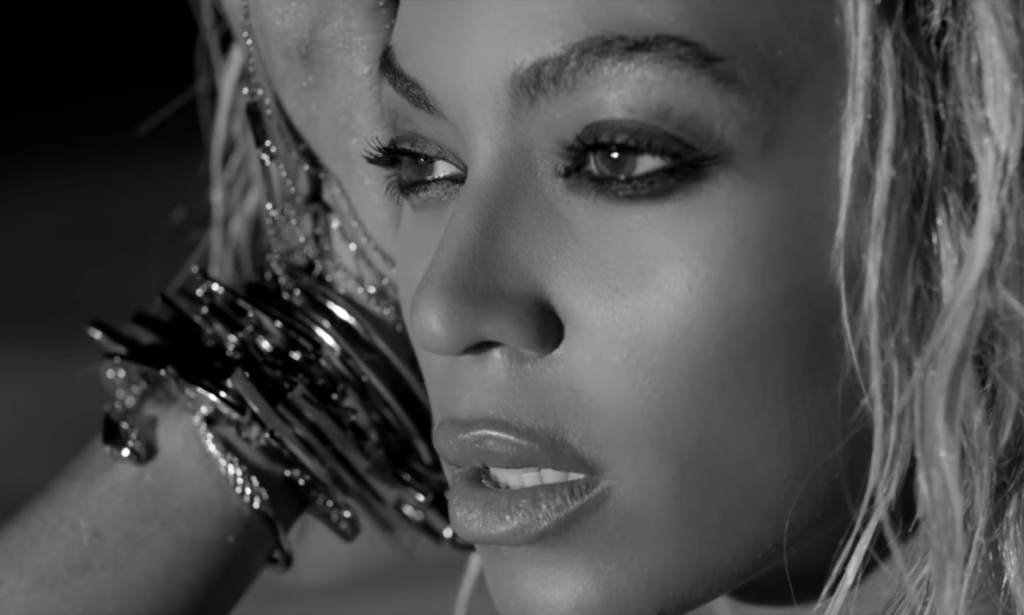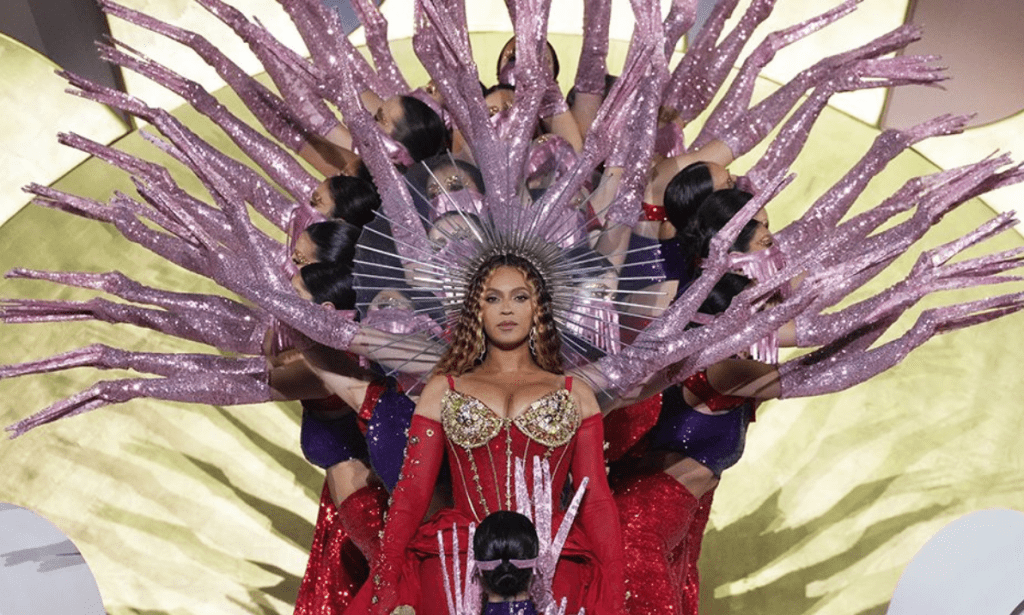Beyoncé, Queen-B, a music goddess who dominates any stage she sets foot on, needs no description. The 17-time Grammy award-winning legendary artist is a global symbol for female empowerment.
Beyond being known for all-time hits like “Single Ladies” and “If I Were A Boy”, there is an interesting fun fact about the artist that you may not know of. It turns out that throughout her career, she used Arab scales in her music.
What Exactly Is The Arab Scale?
There is a scale in the music world devoted to Arab music. Known as the major Locrian scale or Arabic scale, it is a 7-note scale based on the Locrian mode. The scale has 7 notes and is characterized by b5, b6 & b7.
When playing music using this scale, you’ll notice that it has a mysterious and haunting sound. Many Western musicians love using the scale to create those deep, haunting, and trance-like moments in their songs. One of those musicians is Beyoncé.
How Has It Streamed Into Beyoncé’s Music?
If you paid attention to some of Beyoncé’s songs, you’ll have heard the musician’s use of Arabic scales. One of her biggest hits, “Drunk In Love,” starts off with a hypnotic intro that fluctuates as if her voice is traveling on airwaves. That is the epitome of an Arabic scale.


Even beyond her typical songs, she sometimes weaves in the Arabic scale during live performances, changing how her top hits are sung. During her Renaissance tour, while performing “Dangerously In Love,” right after singing “To hold, to feel, to breathe, to live you,” she surprised the audience by performing a succession of Arab trills.
It gave the song a powerful feel that reverberated across the concert hall. Those very same trills are performed by today’s biggest Arab stars, including the exceptional Palestinian artist Elyanna.
Her General Love Of Arab Music
Eleven years ago, in a special interview with MBC, the artist spoke candidly about how she loves Fairuz and listens to her music all the time. She is fascinated by what the Arab legend could do with her voice and it could be an explanation for her own incorporation of Arab trills and scales in her music.


That admiration of Arab music and Fairuz herself was evident during Beyoncé’s incredible performance at Dubai’s Atlantis Royal. On that day, Fairuzian riffs were played during transitions between numbers.
The fusion of Arab music elements in her work not only showcases Beyoncé’s versatility but also highlights a broader trend of Arab musical influences permeating Western music. As many artists experiment with different soundscapes and incorporate diverse production tools, such as Unison MIDI packs, Beyoncé remains at the forefront, bridging cultures and expanding the boundaries of modern music.



